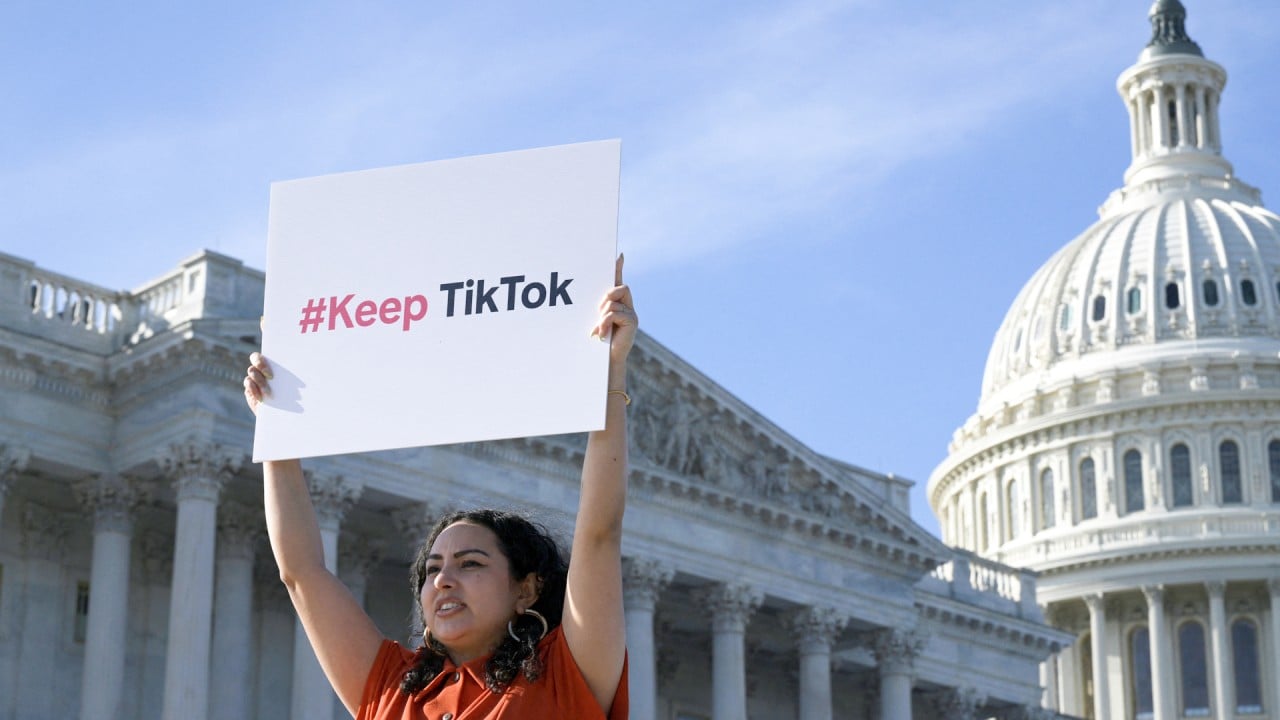Alphabet’s Google broke the law with its monopoly over online searches and related ads, a federal judge ruled on Monday, in the US Justice Department’s first victory against a monopoly in more than 20 years.
The decision is a significant win for the Justice Department, which had sued the search engine giant over its control of about 90 per cent of the online search market, and 95 per cent on smartphones.
“The court reaches the following conclusion: Google is a monopolist, and it has acted as one to maintain its monopoly,” US District Judge Amit Mehta wrote.
Mehta’s ruling against Alphabet’s major revenue driver paves the way for a second trial to determine potential fixes, such as requiring the company to stop paying smartphone makers billions of dollars annually to set Google as the default search engine on new phones.
The Justice Department wants court approval “to file more than 15 per cent of its brief and 30 per cent of its evidence in secret”, Chinese parent company ByteDance and TikTok said.
If they “are unable to review the government’s evidence”, they said, “they will be unable to rebut contentions that are factually incorrect – let alone explain to the court why the government’s arguments and evidence are legally insufficient”.











